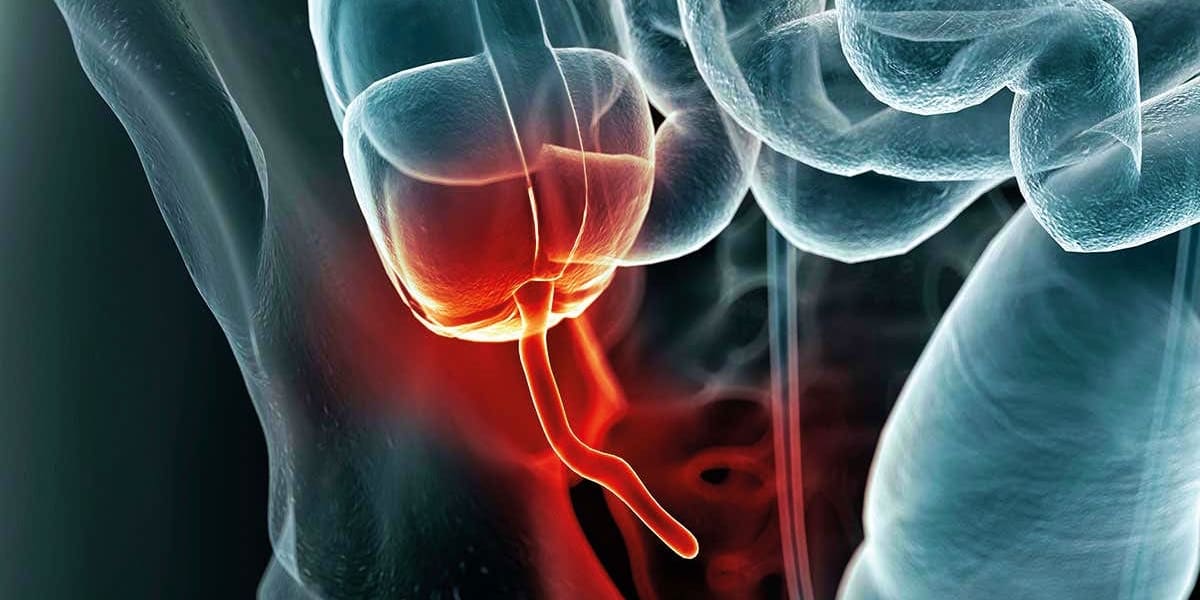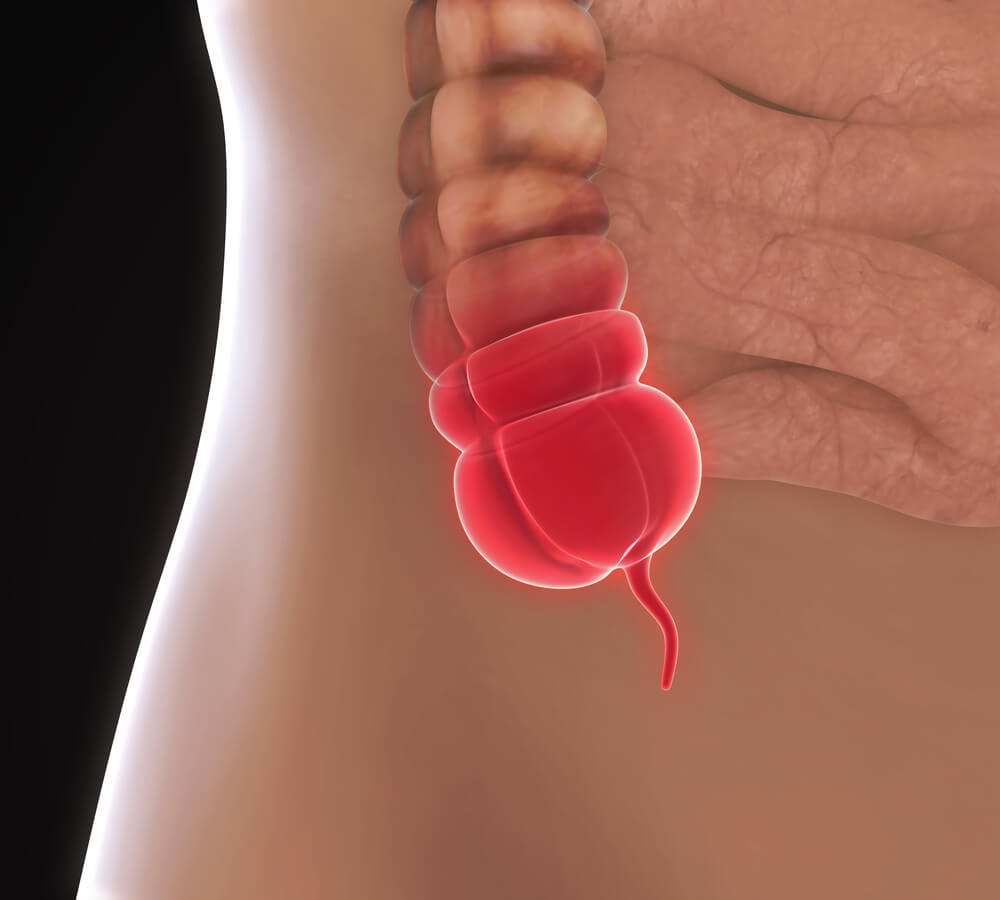It is clear that we were not always taught the truth in high school years ago. To be fair to our teachers, a lot of things they taught us were the known truth or belief at the time. On top of this, things changed just like how we had 9 planets in the solar system and now kids learn of just 8. However, we were taught several myths about the human body too. While some of the myths we know more about today than we did in the 80s or 90s, some were never actually true. In fact, many things we believed to be true were based on zero evidence. As much as it is painful to hear, we also base some medical knowledge on racist ideology too. Some of it is still in use today! The world’s worst myth bringer about the human body was a Greek Physician named Galen who literally wrote the book on anatomy. His teachings of the human body were the believed science for more than 1,000 years!
Yet he never actually opened up a human body nor even bothered to do anything with humans to make his theories viable. He actually worked on various animals, including dogs. Eventually, then-doctoral student, Andreas Vesalius, wondered if Galen was right. When Vesalius opened up a body and learned about what everything truly did, he found more than 200 instances where Galen was completely wrong. This changed anatomy forever! Galen is not the only one who made mistakes. In fact, Aristotle once assumed the heart was the holder of intelligence and the brain was merely a radiator for the body. Sometimes, myths of the human body are easy to look back on and laugh at. However, some myths are still believed to this day. Let’s change that now!
Myth 50. Your Appendix Does Not Do Anything

For many years, we assumed that the Appendix was just that part of the body that randomly started hurting many people. In fact, we thought it was so useless that surgeons even removed it if they were already cutting you open for some surgeries. It was actually believed that the appendix was so useless that medical professionals thought it was an evolutionary plague.

However, through thousands of years of evolution, we have been able to cut or keep parts of our bodies around. The things left behind naturally offer something useful to us. The appendix was kept for a legitimate reason. What does it do? It actually helps to store “good bacteria” and even distribute it out to the gastrointestinal system when needed. In fact, it helps gut flora along with the overall health of your colon and intestines.
